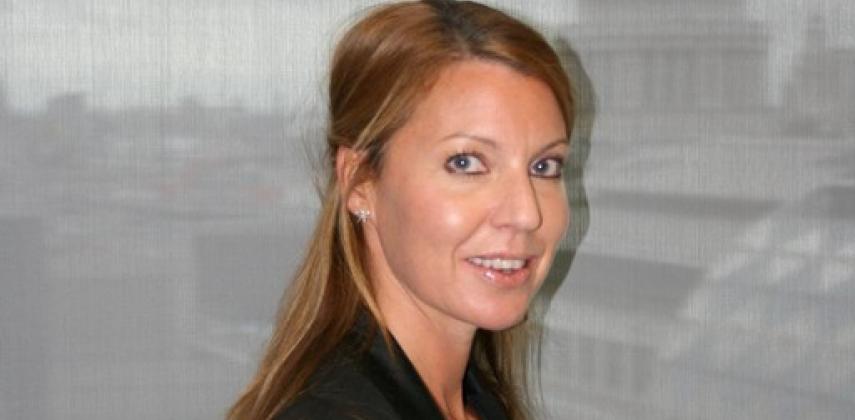When people think about investment banking, they picture bankers shouting into their phones buying and selling all sorts of exotic securities.
They are much less likely to dwell on what happens next – namely, making sure that the right person ends up with the right securities, and that funds are correctly exchanged. This is the job of those in trade support, a middle office and technical function at investment banks.
Christina Fong, a consultant with Page Personnel, says traders’ assistants support daily trading activity by recording and checking trades conducted by brokers and traders to make sure they comply with service-level agreements with clients, the firm’s internal policies, and regulations set by market regulators.
“They also act as gatekeepers through daily monitoring of trade flows, making sure that all gaps and discrepancies are reconciled at the earliest opportunity, thereby reducing risk to the firm, and possible financial losses,” Fong says.
They also liaise with internal departments, such as settlements, sales, compliance, antimoney laundering and credit, to deal with issues that may arise over the daily operation of an investment bank’s trading front office. Standard working hours are between 9am and 6.30pm, although frequent over-time should be expected, Fong says.
With financial markets around the world returning to life after the financial crisis, there is an increasing demand for trade support roles in investment banks. Demand is particularly strong for roles from analysts to associate vice-presidents. Some banks hire fresh university graduates, but most seek candidates with some experience in financial services. Most traders’ assistants can make up to HK$600,000 plus a discretionary bonus per year. They see their jobs as a stepping stone to a position in an investment bank’s “front office” where fees are generated by brokers and traders buying and selling. But such opportunities are rare, so many traders’ assistants take on projects or switch to managerial roles, and are eventually promoted to senior management.
First-class honours degree is preferred
- To apply to be a traders’ assistant, candidates need to have graduated with a first-class honours degree or in the upper divisions of a second-class honours degree.
- Experience in the financial services sector, especially investment banking, and an understanding of the products they will be dealing with is an advantage.
- Many traders’ assistants find studying and completing the first paper of the Chartered Financial Analyst qualification within the first 18 months of their employment to be helpful.
Pressure points
- Traders’ assistants need to have up-to-date knowledge of current events and their specialty products in the financial services sector.
- As they will be working in a high-pressure environment and meeting tight deadlines, traders’ assistants must also be resilient and able to prioritise and work in an efficient and accurate manner.
- They need to be outgoing and have excellent communications skills to liaise with traders, other internal bank departments and clients. They need to appear confident at all times.





